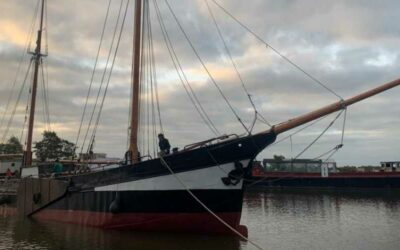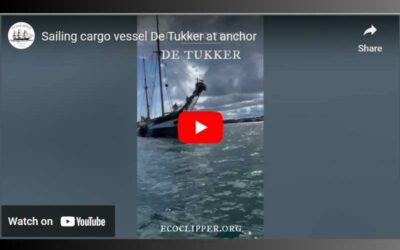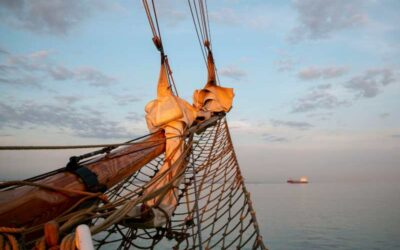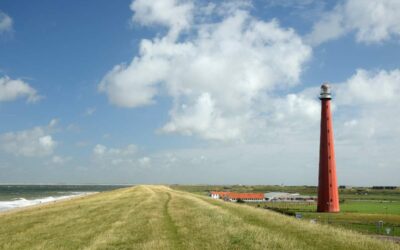“As a way of measuring the contribution of the sailing industry to a sustainable future, we analyzed it in relation to the UN Sustainable Development Goals. These 17 goals were set in 2015 by the United Nations General Assembly and are to be achieved by 2030. The Goals are “the blueprint to achieve a better and more sustainable future for all”.
Sail Cargo and Travel Market Overview 2020
The Sustainable Development Goals are a framework to help work towards a sustainable future. As a tool, they indicate the level of change that can be implemented for businesses, governments and communities. They are a useful reference for the sail cargo industry. As sail cargo is developing, it is important to realise it’s environmental and social responsibilities now, and to notice the areas in which work is needed. This series has been devoted to introducing the SDGs as a framework for sail cargo, with the intention for promoting further research.
In this final installment of the Sail Cargo and SDGs series, this blog will look at Goal 16: Peace, justice and strong institutions and Goal 17: Partnership for the goals.
Goal 16 & 17
Peace, Justice and Strong institutions & Partnership for the goals
These goals include the aspiration to build more inclusive societies and the sailing community, being ethically and values-driven, is exceptionally inclusive of age, gender and race. Intercultural exchange, peaceful communication and constructive problem solving on board and onshore are the base for international partnership and friendship.
The sail cargo and travel communities rely on intense and extensive partnerships from the global to the local level. At the core of these partnerships is the desire to help the planet and strengthen communities in line with the UN objectives.
Living these values, the sailing communities contribute strongly to peace, justice and a healthy planet.
Training trainees not only in sailing skills, but also in social skills such as peaceful communication practices and democratic processes onboard and in the communities, make sailing ships facilitators of peace and partnership.
These skills can be used in all parts of life and give trainees and crew the leadership skills that they can use in future activities and work. Spreading intercultural and nature-based knowledge helps to solve conflicts peacefully and constructively something that is important in the private and public context but also on different spatial scales.
Partnerships with local communities and companies are based on equality and fairness to ensure that colonial and neo-colonial structures are broken down.




